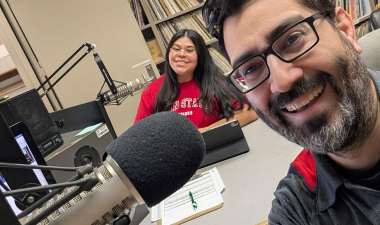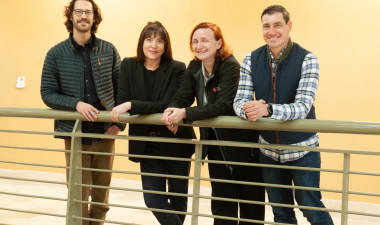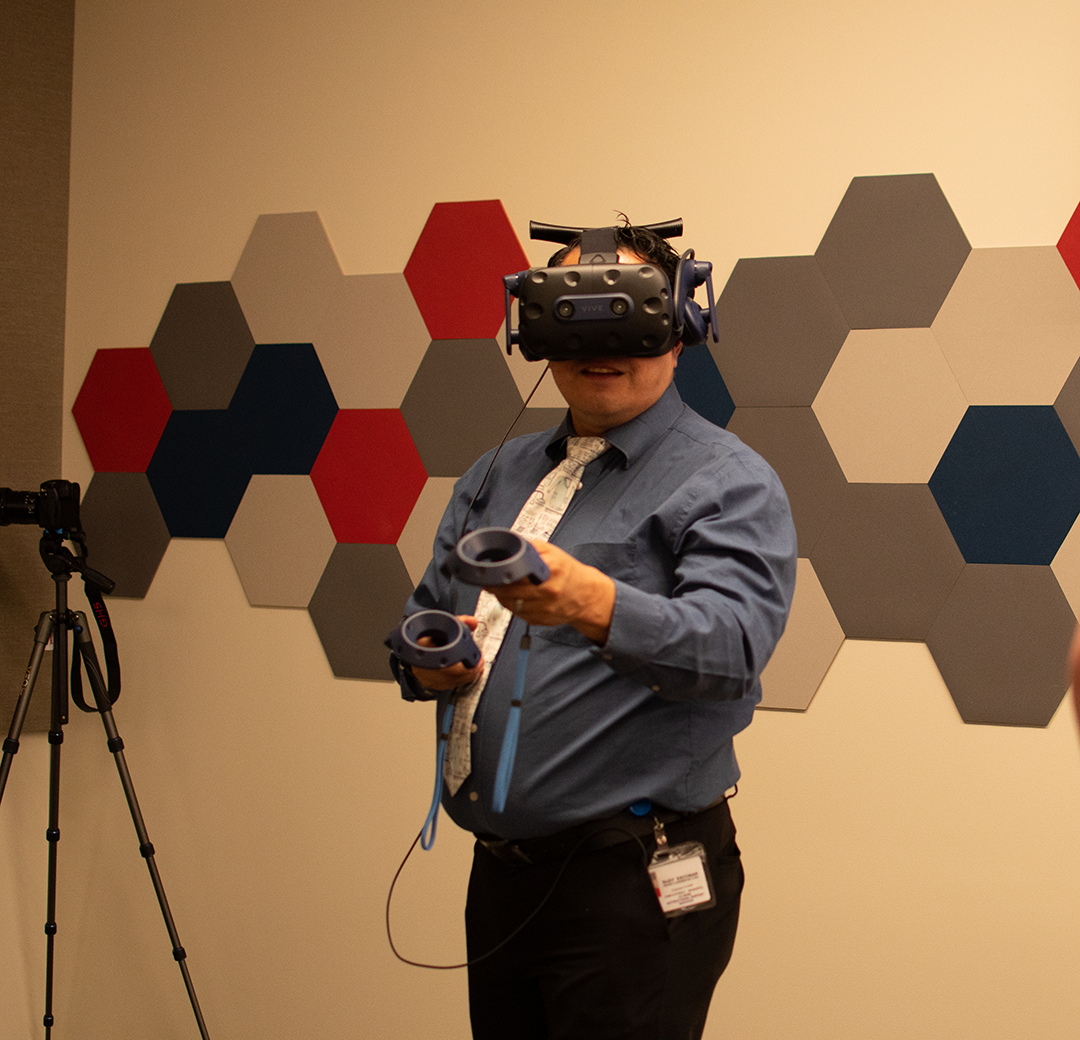
Stanislaus State faculty are leading the way in responsible and creative uses of artificial intelligence in higher education. Four projects from across disciplines have been selected for funding through the California State University’s first-ever Artificial Intelligence Educational Innovations Challenge (AIEIC), a groundbreaking systemwide initiative recognizing innovative strategies that integrate AI into teaching and learning.
Announced by the Office of the Chancellor on Wednesday, July 9, the awards reflect the CSU’s commitment to advancing AI literacy, ethical use and student-centered instruction across its 23 campuses. Among the 63 projects selected systemwide, Stanislaus State’s funded initiatives highlight bold ideas in global collaboration, early childhood education, musical theatre and writing instruction.
“Our faculty are leading with intention and vision and integrating AI high-impact practices— modeling what it means to use innovation to serve students and communities, both locally and globally,” said President Britt Rios-Ellis. “These projects reflect Stan State’s deep commitment to excellence, ethical innovation and educational access — while also showcasing the incredible creativity and ingenuity that define our academic culture. From global classrooms to the Warrior Fab Lab and even the stage, our faculty are pushing boundaries in ways that prepare students to thrive in a world shaped by human connection and enhanced by artificial intelligence.”
Learn more: CSU AI Educational Innovations Challenge Awards
The AIEIC is a cornerstone of the CSU’s AI Strategy, launched in early 2025 to position the 23-campus system as the nation’s first AI-empowered university system. The initiative aims to help students build fluency with emerging technologies, participate meaningfully in AI-supported learning environments and uphold ethics and integrity in an evolving academic landscape.
“CSU faculty and staff aren’t just adopting AI—they are reimagining what it means to teach, learn and prepare students for an AI-infused world,” said Nathan Evans, CSU deputy vice chancellor of Academic and Student Affairs and chief academic officer. “These initiatives will explore and demonstrate effective AI integration in student learning with findings shared systemwide to maximize impact.”
The CSU selected four Stanislaus State projects for the AI Innovations Challenge:
Enhancing Global Learning with AI Translation
Betsy Eudey, professor of gender studies and Collaborative Online International Learning coordinator, leads a project that brings AI translation into Collaborative Online International Learning (COIL) classrooms, where Stanislaus State students are paired with peers at international colleges. By supporting cross-cultural communication, the project addresses language barriers using AI tools — while also training faculty and students to critically assess their limitations and ethical implications.
The project includes the development of online tutorials, a fall 2025 learning community of faculty and student teaching assistants and the implementation of new COIL courses in spring 2026. Results, including videos and instructional resources, will be publicly shared across the CSU.
Building AI Capacity in Teacher Preparation
Adam Devitt, associate professor of teacher education and director of K–12 initiatives at the Warrior Fab Lab, is piloting a project that brings AI into the PK–3 Credential Program as a test site for instructional design and curriculum innovation. Faculty and students will explore the ethical use of AI, communication skills and classroom applications through hands-on projects and professional development workshops.
The resources developed will be scaled for use across campus and made widely available to support educator preparation and future expansion into other programs.
Co-Creating Theater with Artificial Intelligence
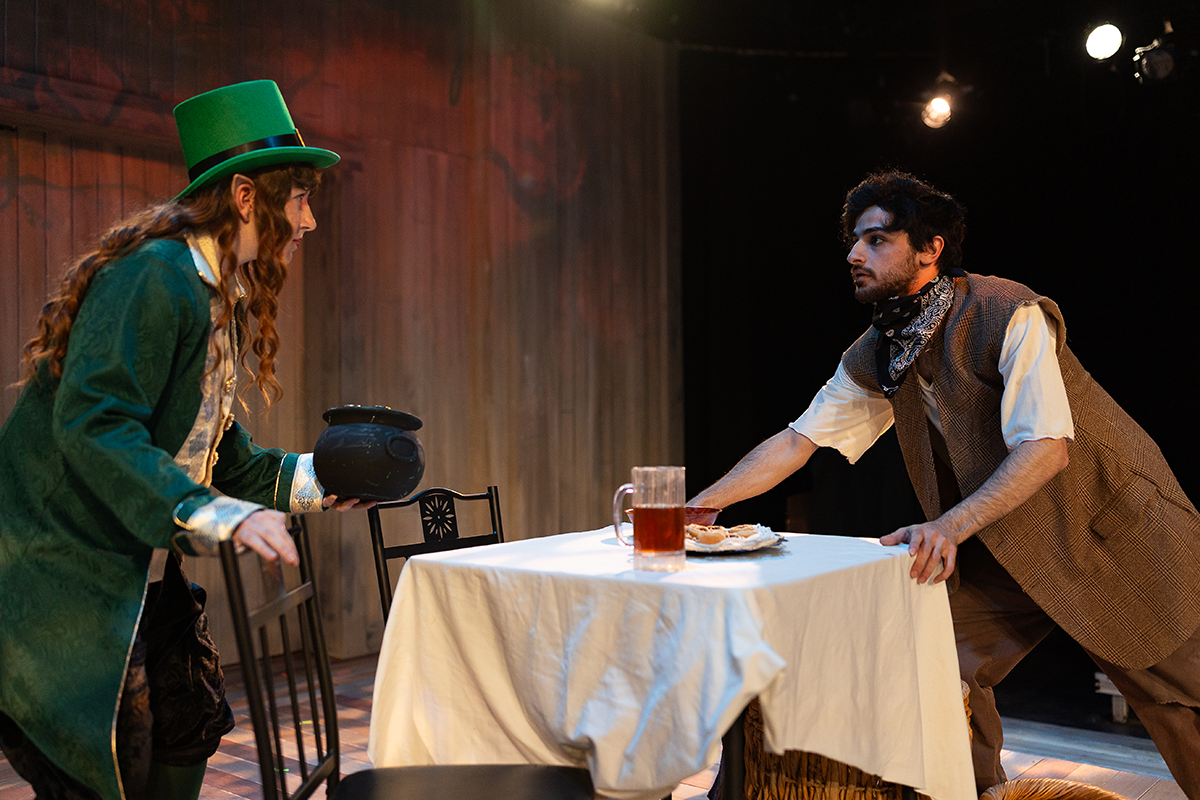
In the Department of Theatre, Assistant Professor Jamie Johns is launching a new course called Collaborative Creation, in which students will co-develop and stage a one-act musical in partnership with generative AI tools such as ChatGPT, AIVA, Suno and Perplexity. Designed as a general education course accessible to all majors, the class blends creative exploration with critical reflection on authorship, ethics and copyright.
Final products will include a fully staged performance, a musical score, demo videos, and open educational resources for CSU-wide adoption — offering a replicable model for AI-integrated teaching in the arts.
Embedding AI Literacy in Foundational Writing Courses
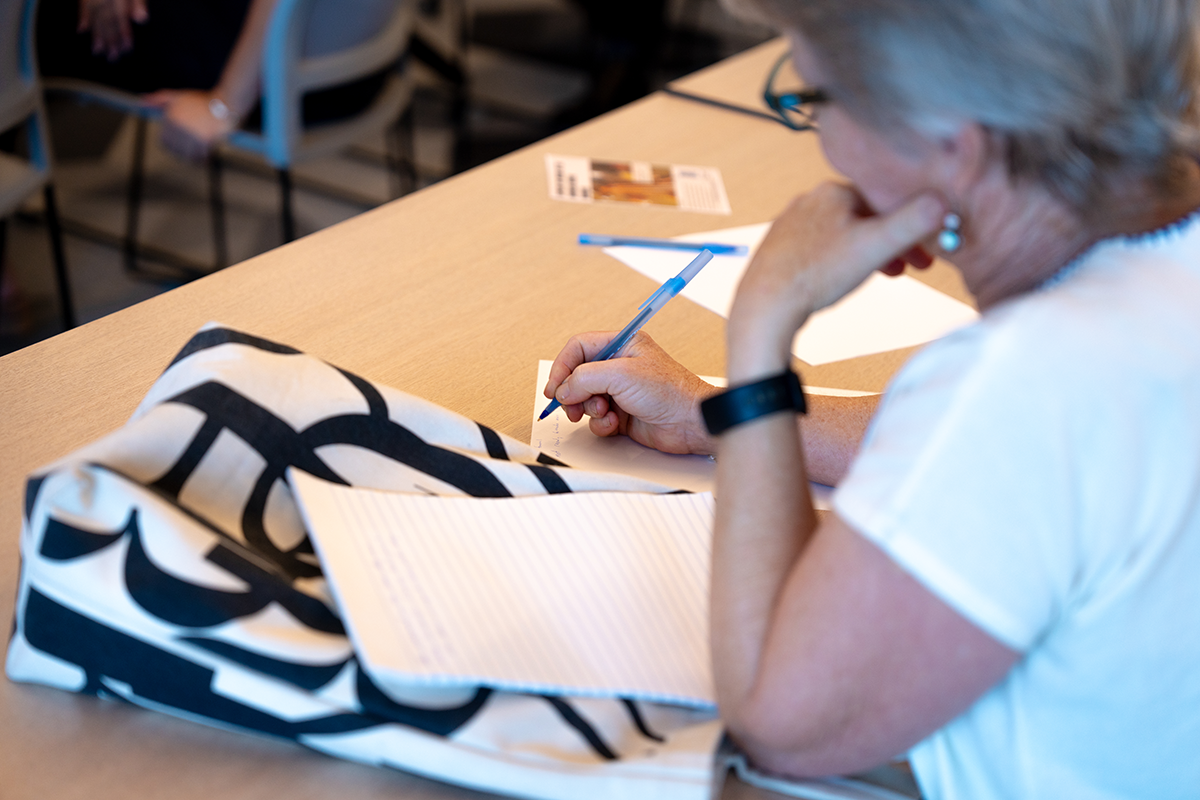
Recognizing the growing influence of AI in writing, John Wittman, Ph.D., chair and professor of English, is leading a project to redesign Stanislaus State’s First-Year Composition and Critical Inquiry courses. The revised curriculum will equip students with essential AI competencies, including prompt engineering, content evaluation, algorithmic bias awareness and ethical engagement.
In addition to student-focused learning, the project will support faculty through professional development and shared strategies for embedding AI literacy across writing instruction.
Projects began in June 2025 and will continue through June 2026, with resources and findings to be shared across the CSU to support ethical, effective and scalable AI integration.

